
GBP
- Home >
- Trending Styles
Trending Styles




Style
Boho Beautiful
What is Boho Beautiful?
Boho is umbrella term given to interior with an eclectic mixture of textures, patterns and materials. The word boho derives from the word Bohemia – a central-eastern European country and the term bohemian that was given to those who lived an unconventional and often nomadic or artistic lifestyle. Bohemian style was embraced during the hippie movement of the 1960’s and 70’s as the look is born from a mixture of cultures. The great thing about boho style is it doesn’t matter if your furniture or décor is vintage, rustic contemporary or shabby chic style; anything goes!
However, there are themes of boho style. So, what are they?





Types of Boho
African Boho
When many people think of boho style, they think of African inspired bohemia, namely the bright colours, clashing prints and metal tones that are often introduced into the décor of a boho themed living space. Include lanterns, jewel coloured cushions and ottoman style seating to achieve this laid back vibe.
European Boho
European boho is a little more refined in its mix and match approach, though strives to look spontaneous. European style boho is characterised by vintage style furniture paired with rustic beaded curtains and quirky wall art. Layers, mixed fabrics and statement wall décor will make or break this look.



Western Boho
As mentioned, the 1960’s and 70’s saw a resurgence in bohemian style, one that was influenced by the free love, community living that became a prominent characteristic of the counter culture. Western bohemian style relies heavily on natural materials and fabrics to complete the aesthetic, think exposed beams, tribal prints and pouffe’s or floor cushions rather than traditional seating.
Contemporary Boho
So what’s happening now with Boho style? Contemporary Boho style borrows from it’s processors but combines elements of the classic boho styles with modern minimalists living. Think white wall and floors, wicker seating and animal head wall art. Cushions and rugs add splashes of colour while décor pieces can range from vintage, to African to contemporary.
-
Customer Services
-
About Us
-
Follow Us
Signup
- Subscribe to our newsletter
By subscribing to our newsletter you agree to our terms & conditions
- Subscribe to our newsletter
-
Safe & Secure Payments
- Cards
Cards
Contact Us
Verified partner of British Institute of Interior Design.

See some of our products Featured on This Morning's Light up your Homemade Garden.?
- Cards

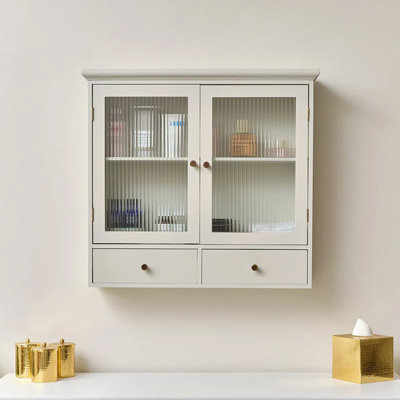 New In
New In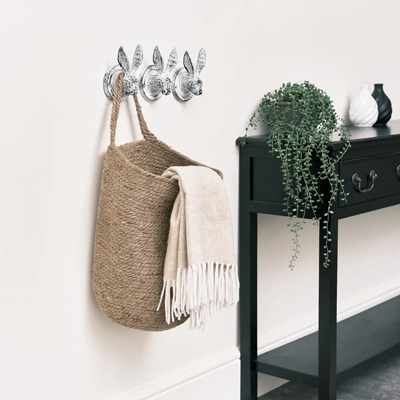 See Everything
See Everything Bestsellers
Bestsellers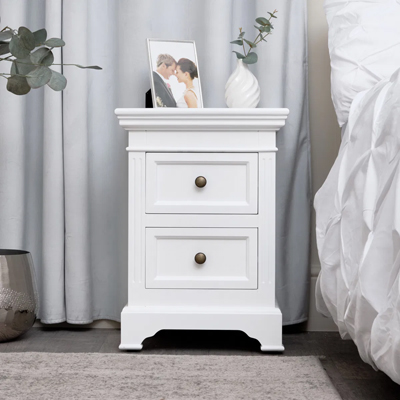 Furniture
Furniture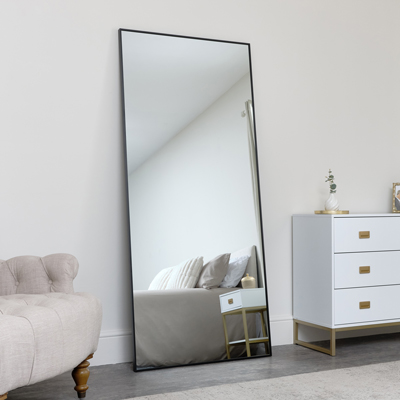 Mirrors
Mirrors Home Decor & Accessories
Home Decor & Accessories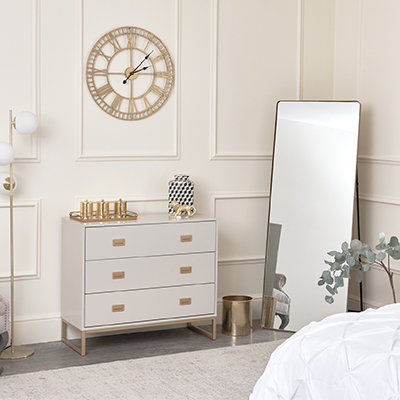 Shop By Room
Shop By Room Back In Stock
Back In Stock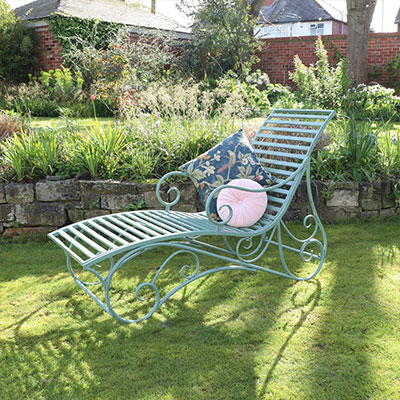 Garden
Garden SALE
SALE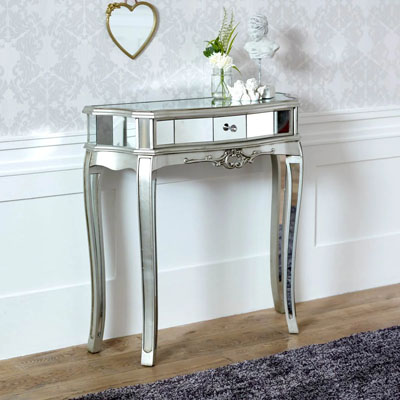 View All Furniture
View All Furniture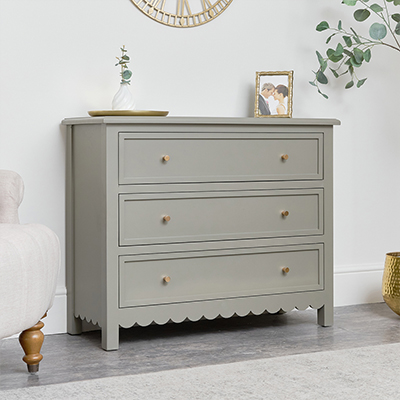 Furniture Ranges
Furniture Ranges  Browse by Colour
Browse by Colour 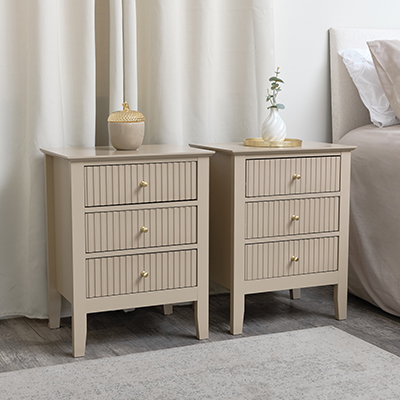 Bedside Tables
Bedside Tables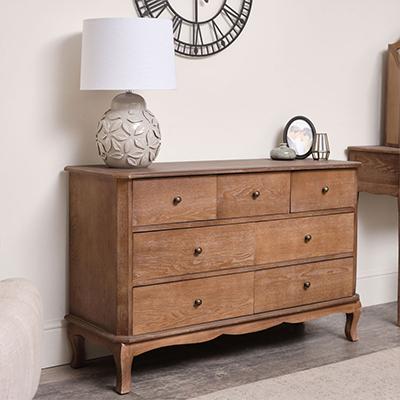 Chest of Drawers
Chest of Drawers Dressing Tables
Dressing Tables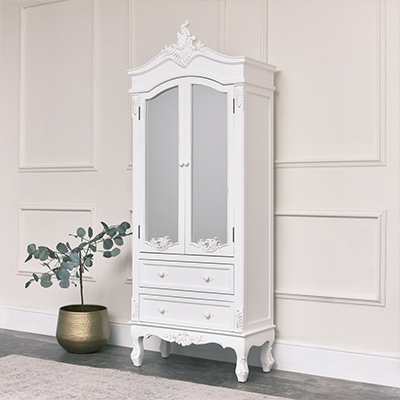 Wardrobes
Wardrobes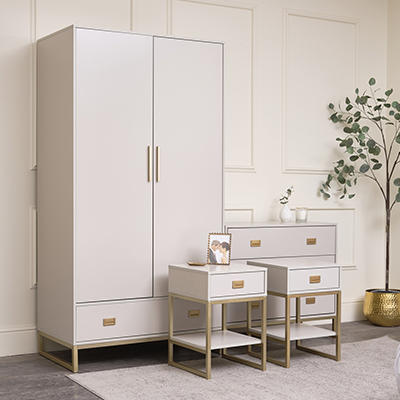 Furniture Sets
Furniture Sets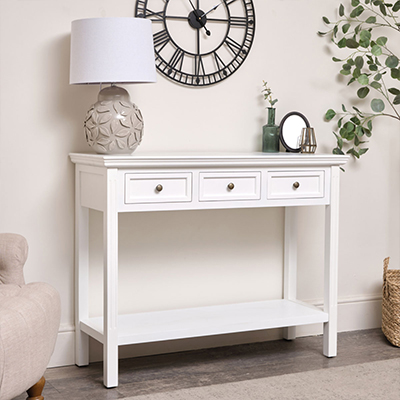 Sideboards & Cupboards
Sideboards & Cupboards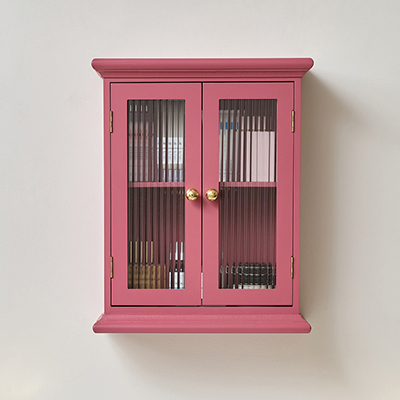 Wall Cabinets & Shelving
Wall Cabinets & Shelving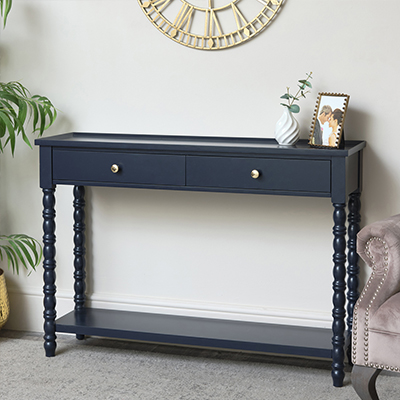 Console Tables
Console Tables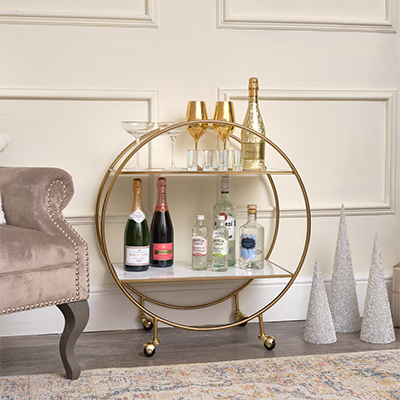 Bar Carts & Drinks Trolleys
Bar Carts & Drinks Trolleys Stools
Stools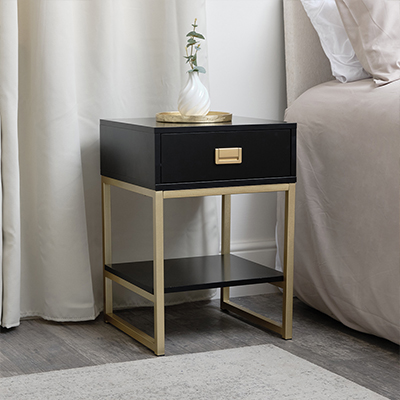 Occasional & Side Tables
Occasional & Side Tables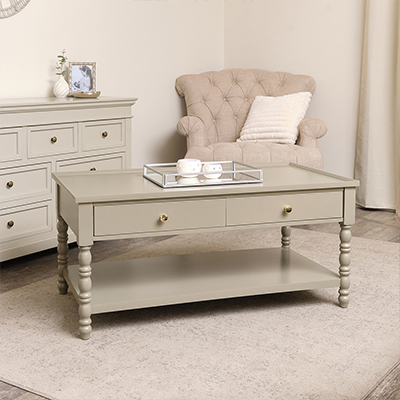 Coffee Tables
Coffee Tables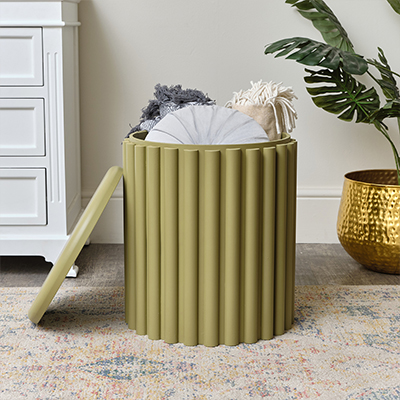 Seating, Sofas & Pouffe
Seating, Sofas & Pouffe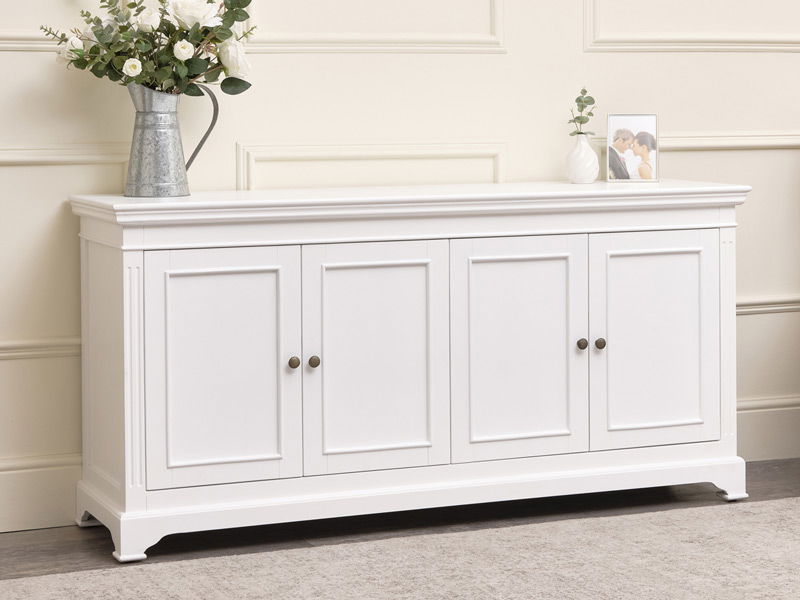
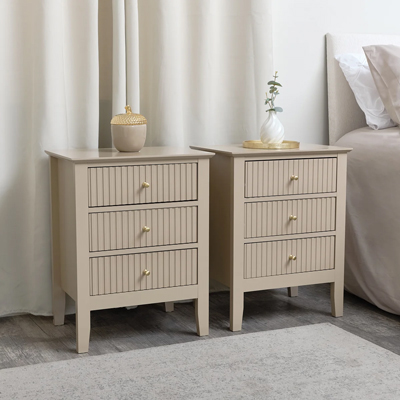 View All Bedroom
View All Bedroom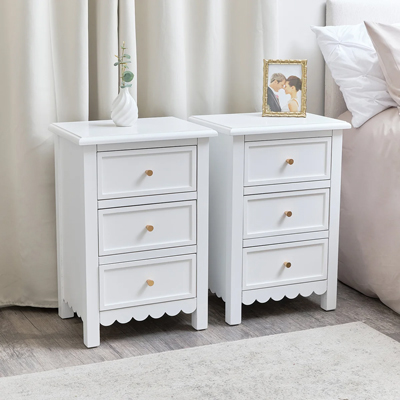 Bedside Tables & Nightstands
Bedside Tables & Nightstands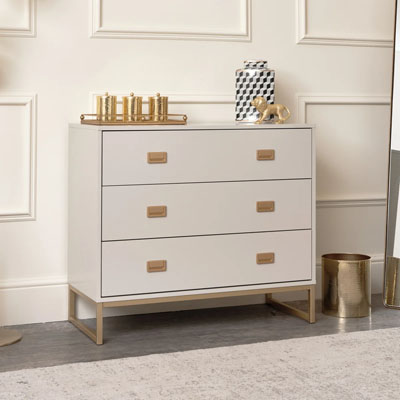 Chest of Drawers
Chest of Drawers Dressing Tables
Dressing Tables Wardrobes
Wardrobes White Bedroom Furniture
White Bedroom Furniture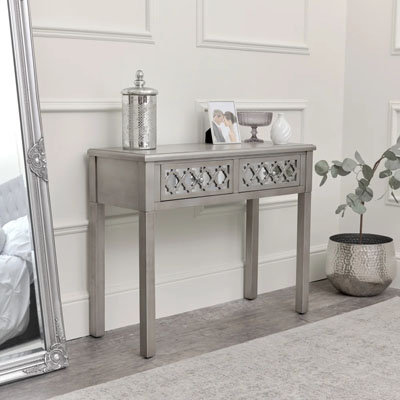 Mirrored Bedroom Furniture
Mirrored Bedroom Furniture Grey Bedroom Furniture
Grey Bedroom Furniture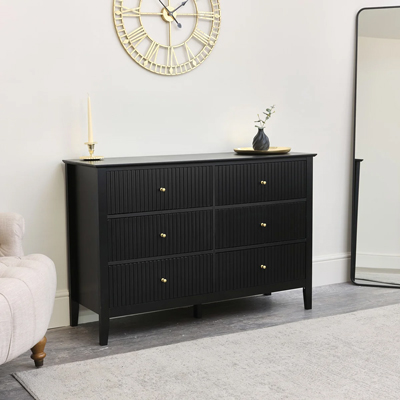 Black Bedroom Furniture
Black Bedroom Furniture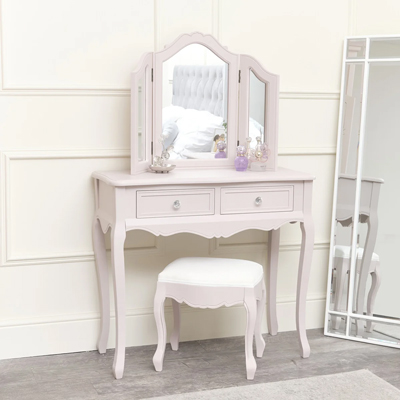 Pink Bedroom Furniture
Pink Bedroom Furniture Cream bedroom Furniture
Cream bedroom Furniture Bedroom Furniture Sets
Bedroom Furniture Sets Dressing Table Mirrors
Dressing Table Mirrors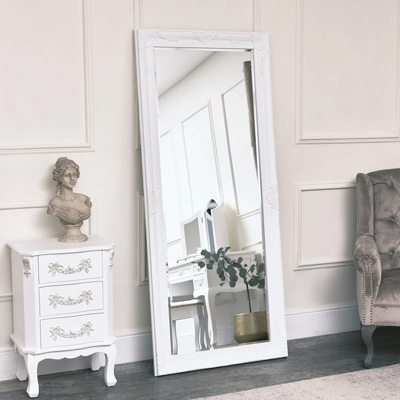 Large Bedroom Mirrors
Large Bedroom Mirrors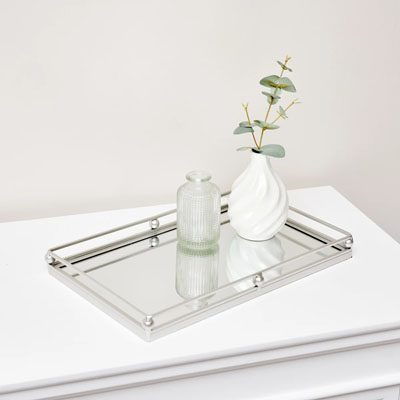 Bedroom Accessories & Shelving
Bedroom Accessories & Shelving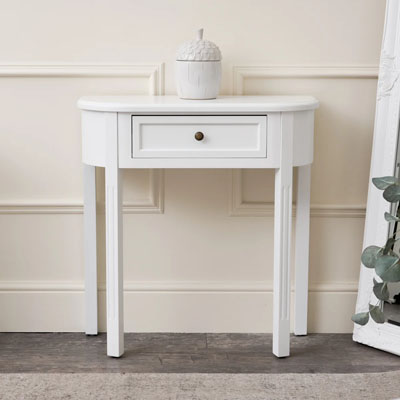 View All Living Room
View All Living Room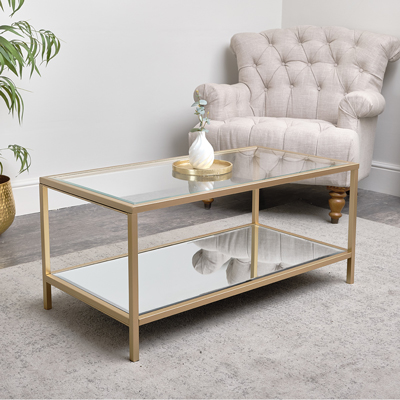 Coffee Tables
Coffee Tables Console, Side & Occasional Tables
Console, Side & Occasional Tables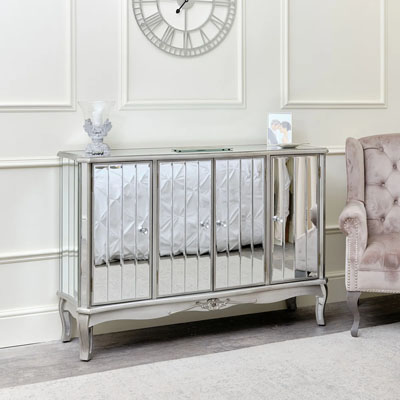 Display Cabinets
Display Cabinets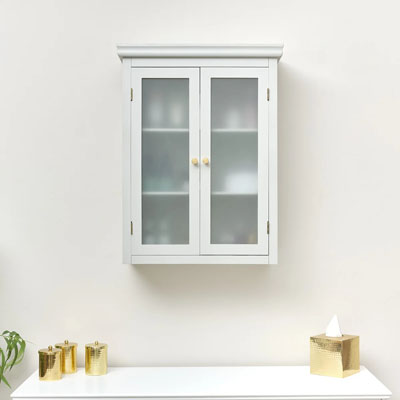 Shelves & Cupboards
Shelves & Cupboards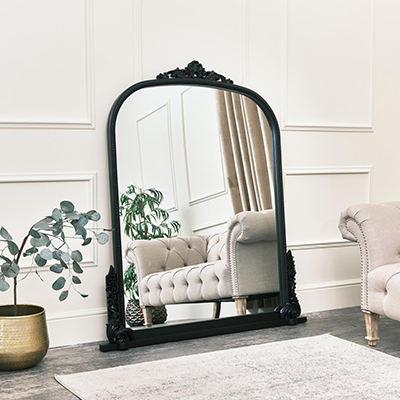 View All Mirrors
View All Mirrors Wall Mirrors
Wall Mirrors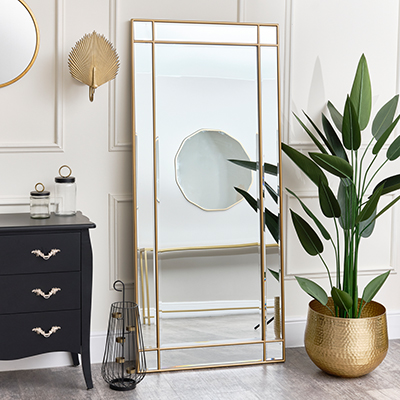 Full Length Mirrors
Full Length Mirrors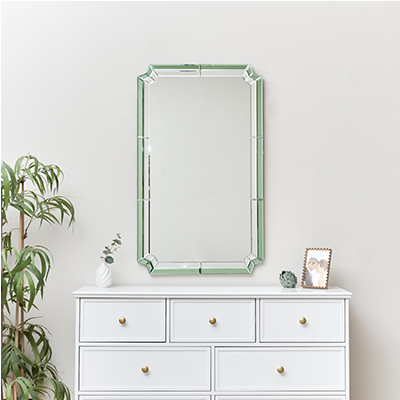 Art Deco Mirrors
Art Deco Mirrors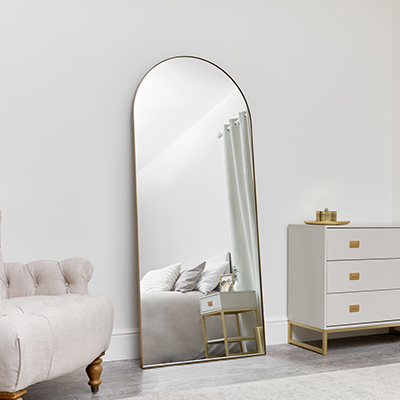 Leaner Mirrors
Leaner Mirrors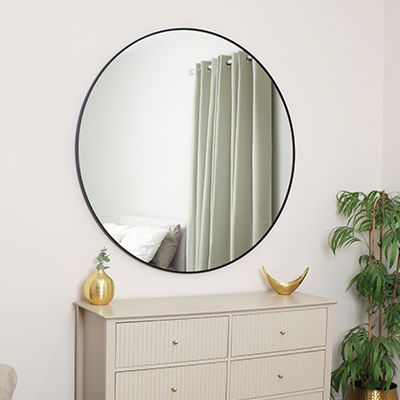 Round Mirrors
Round Mirrors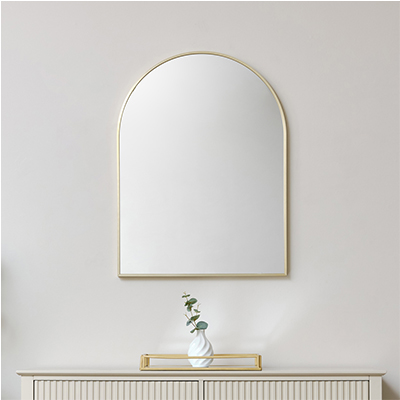 Arched Mirrors
Arched Mirrors Large Mirrors
Large Mirrors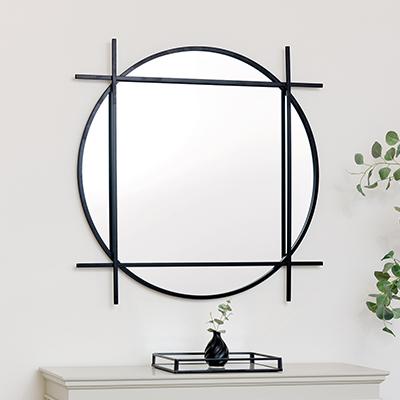 Black Mirrors
Black Mirrors Gold Mirrors
Gold Mirrors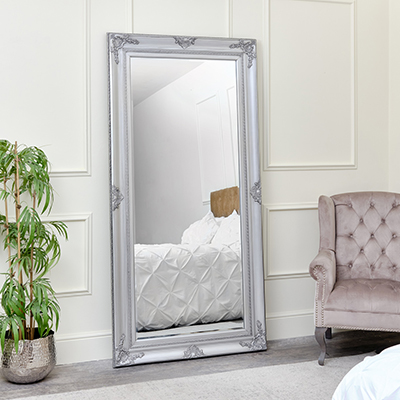 Silver Mirrors
Silver Mirrors White Mirrors
White Mirrors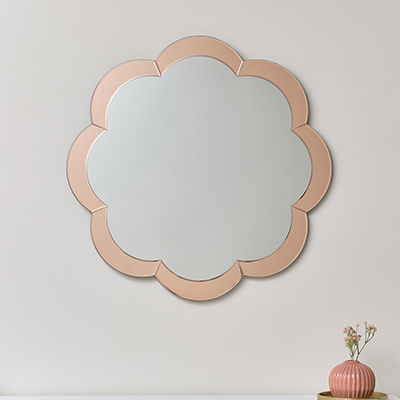 Pink Mirrors
Pink Mirrors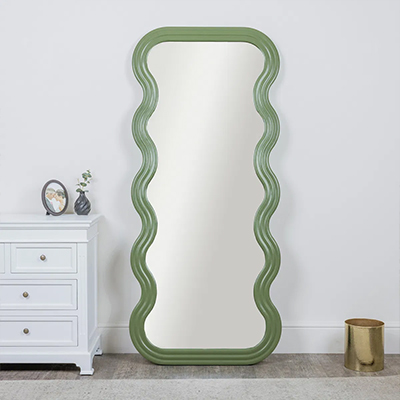 Green Mirrors
Green Mirrors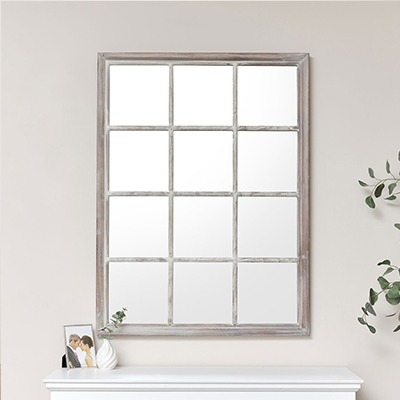 Rustic Mirrors
Rustic Mirrors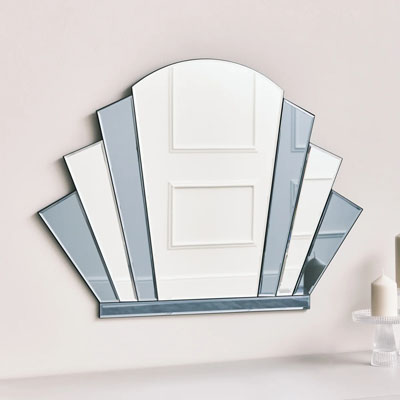 Grey Mirrors
Grey Mirrors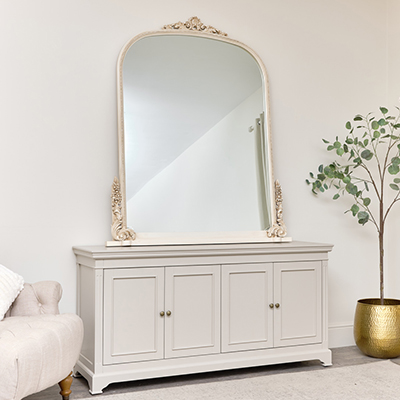 Cream Mirrors
Cream Mirrors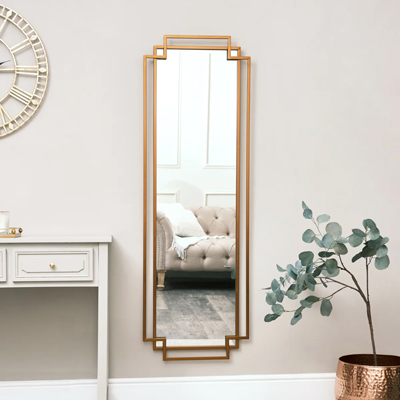 Copper Mirrors
Copper Mirrors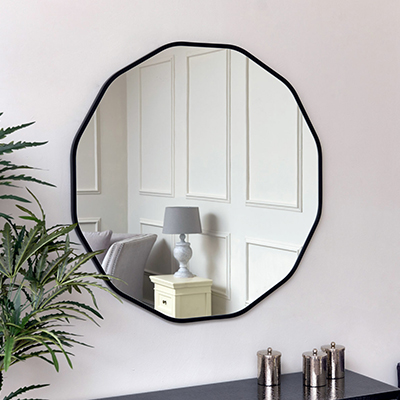 Thin Framed Mirrors
Thin Framed Mirrors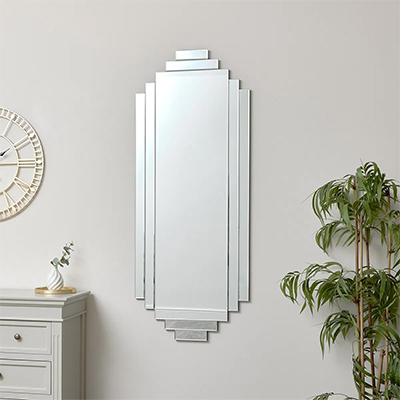 Frameless Mirrors
Frameless Mirrors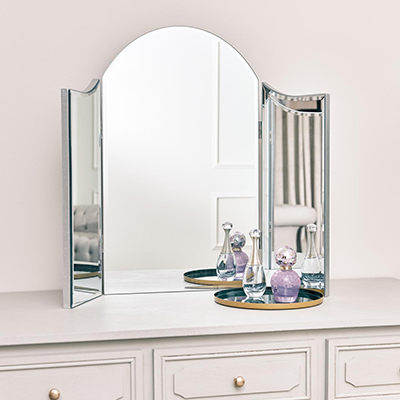 Dressing Table Mirrors
Dressing Table Mirrors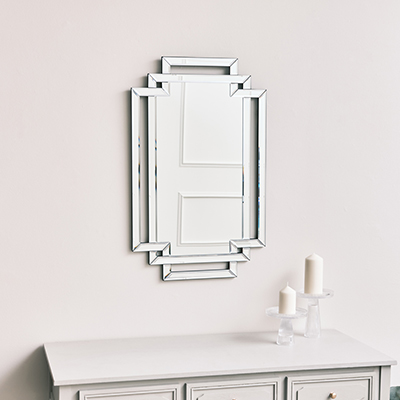 Bathroom Mirrors
Bathroom Mirrors Commercial Mirrors
Commercial Mirrors Salon & Boutique Mirrors
Salon & Boutique Mirrors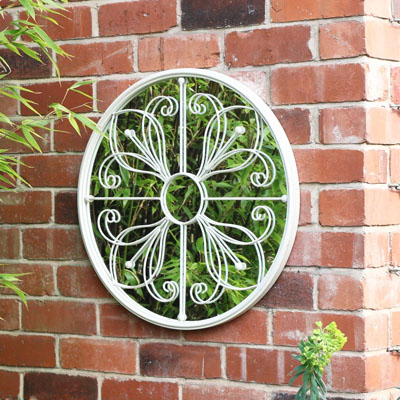 Garden Mirrors
Garden Mirrors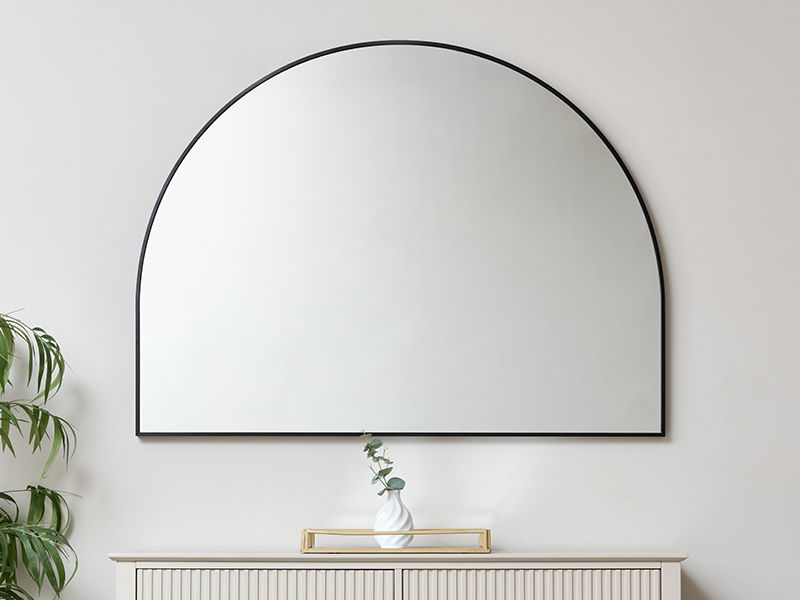
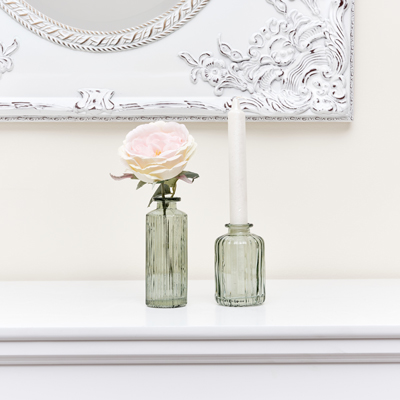 View All Wedding Decor & Candelabras
View All Wedding Decor & Candelabras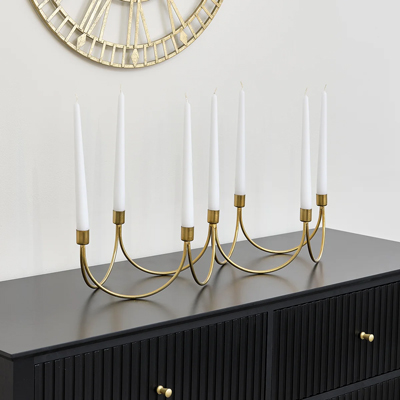 Candelabras & Tealight Holders
Candelabras & Tealight Holders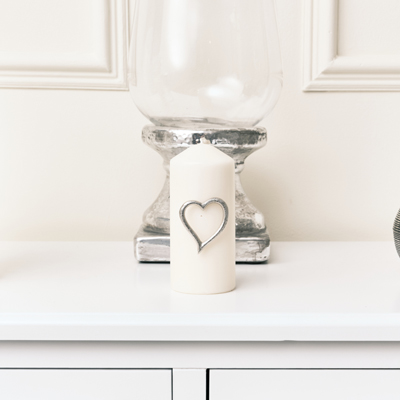 Wedding Table Decor
Wedding Table Decor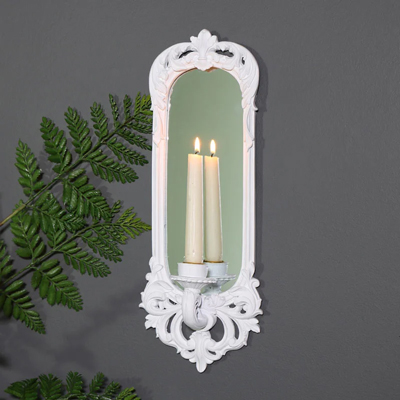 Wedding Decor
Wedding Decor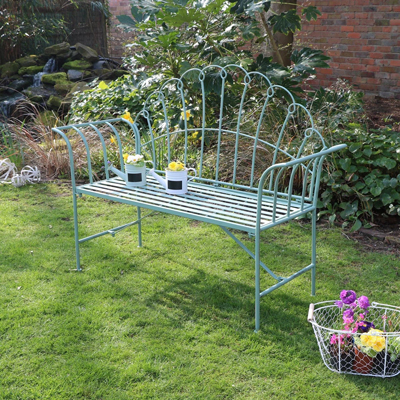 View All Garden & Conservatory
View All Garden & Conservatory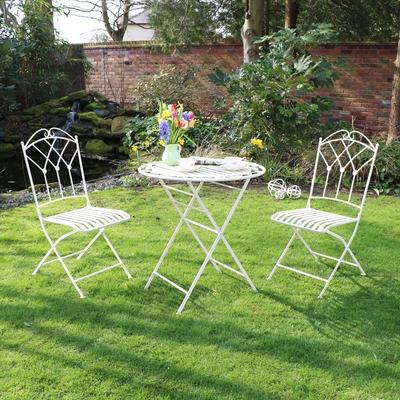 Garden Furniture
Garden Furniture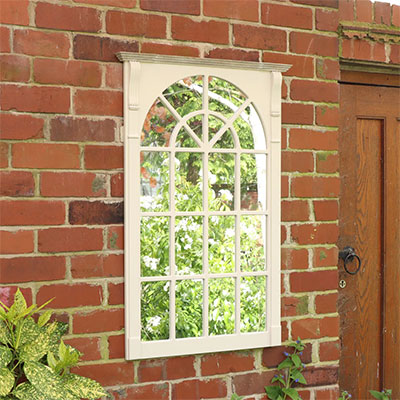 Garden Mirrors
Garden Mirrors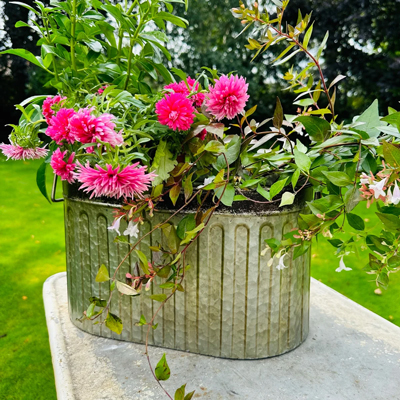 Garden Pots & Planters
Garden Pots & Planters Garden Decor
Garden Decor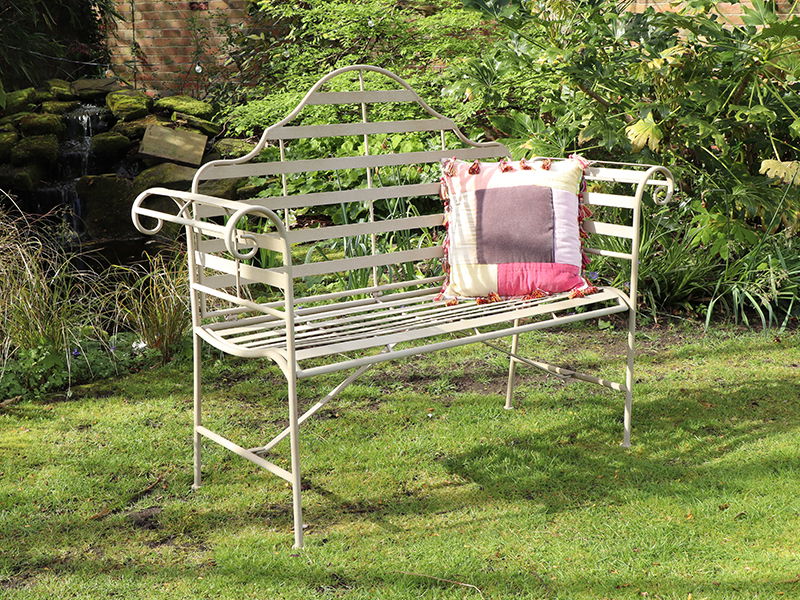
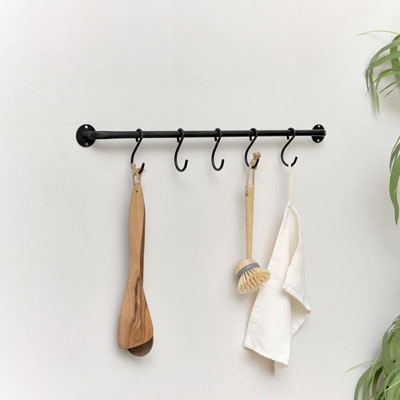 View All Kitchen & Dining
View All Kitchen & Dining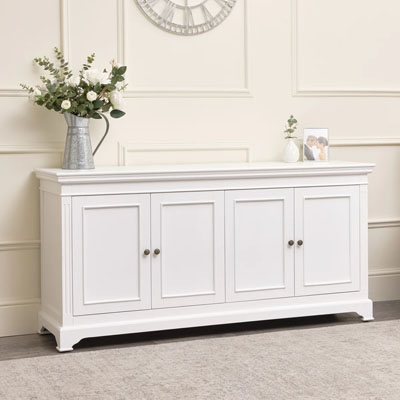 Kitchen Sideboards & Cupboards
Kitchen Sideboards & Cupboards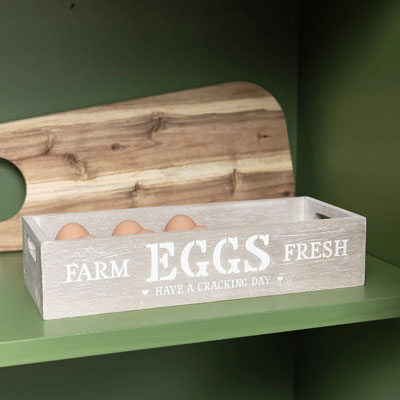 Kitchen & Dining Accessories
Kitchen & Dining Accessories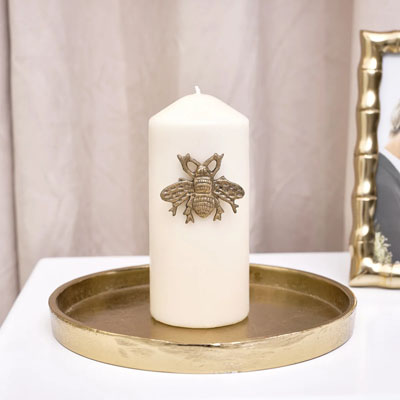 Kitchen Table Decor
Kitchen Table Decor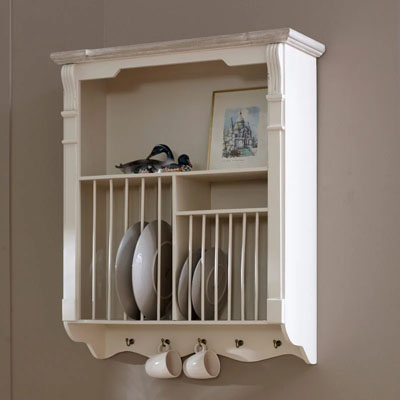 Kitchen Wall Cabinets & Shelves
Kitchen Wall Cabinets & Shelves Furniture Sets Sale
Furniture Sets Sale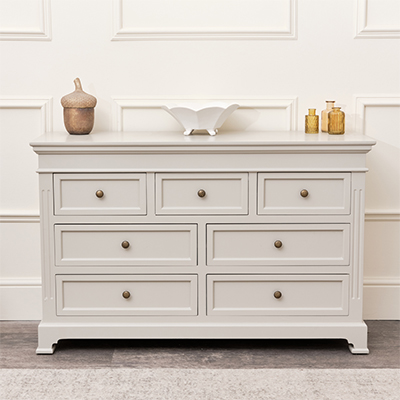 Spring Clearance Sale
Spring Clearance Sale Bestsellers Sale
Bestsellers Sale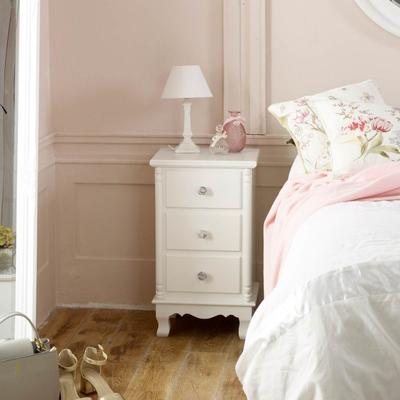 Furniture Sale
Furniture Sale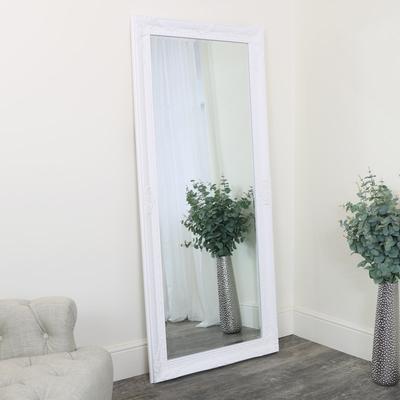 Mirrors Sale
Mirrors Sale Home Accessories Sale
Home Accessories Sale Outlet
Outlet Weekly Offers
Weekly Offers Under £10
Under £10 Under £50
Under £50 Under £100
Under £100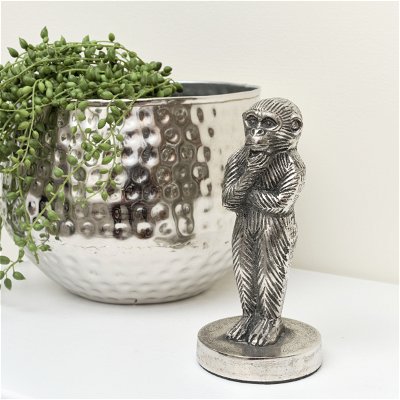 Over 60% off
Over 60% off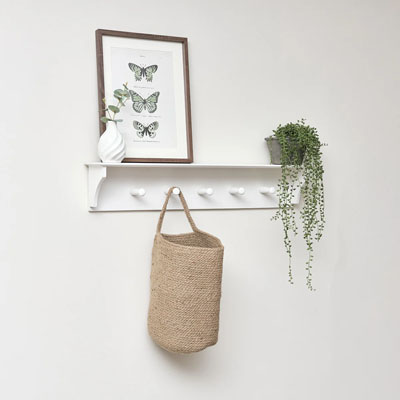 Open Shelves
Open Shelves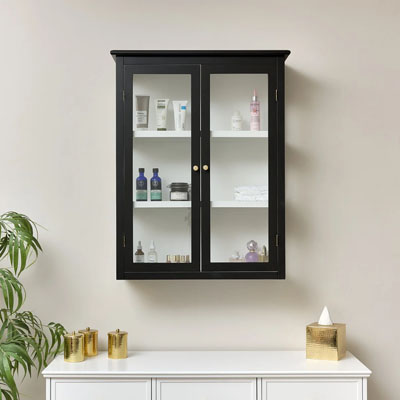 Wall Cabinets
Wall Cabinets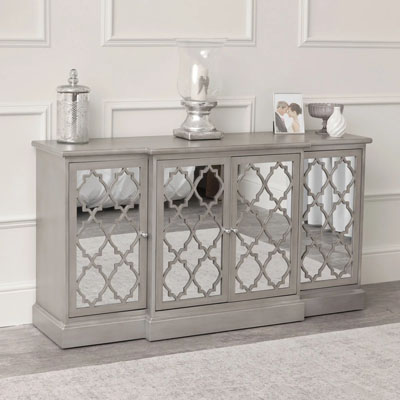 Dressers & Sideboards
Dressers & Sideboards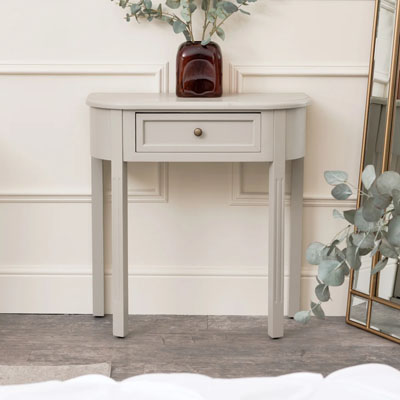 Console & Side Tables
Console & Side Tables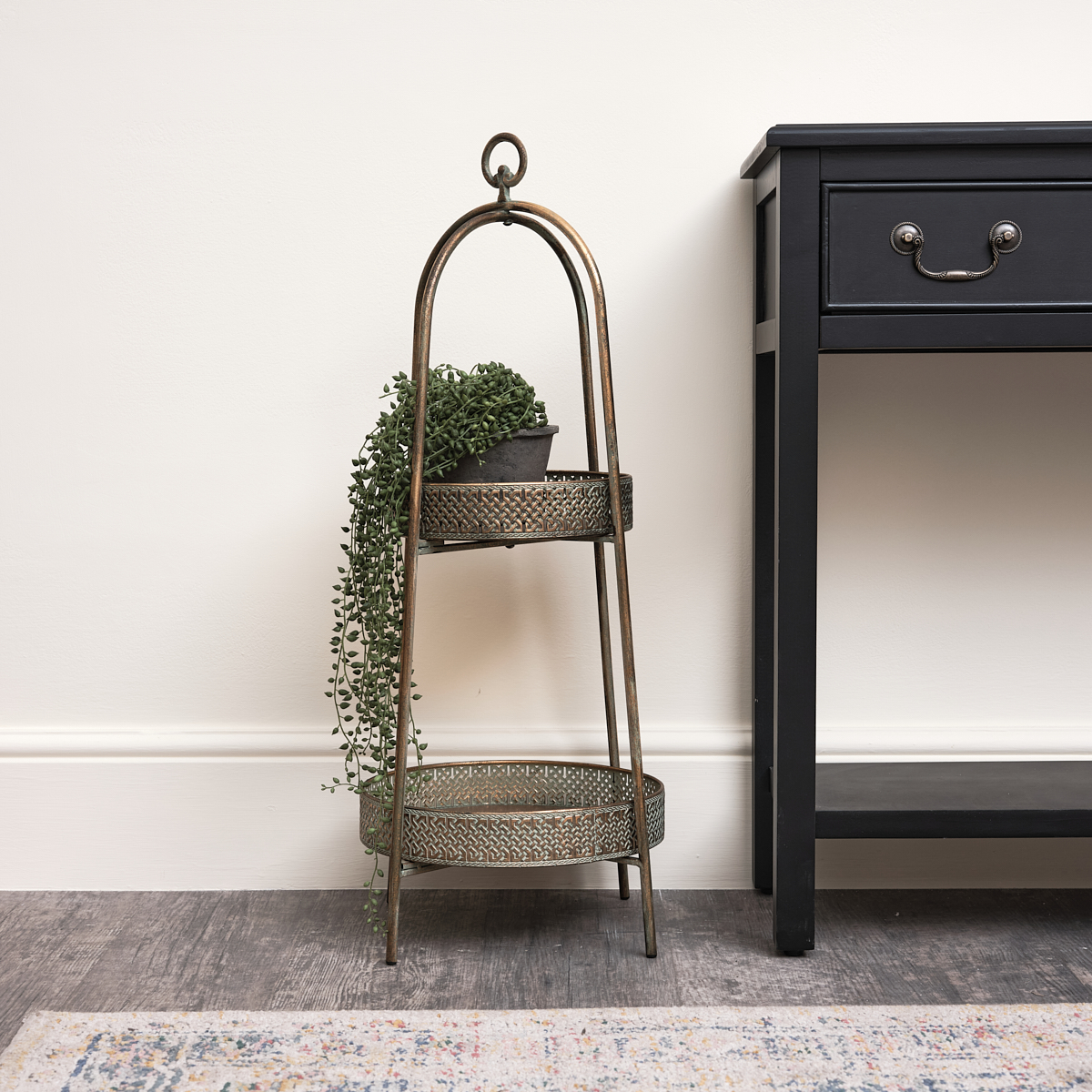 Free Standing Shelves
Free Standing Shelves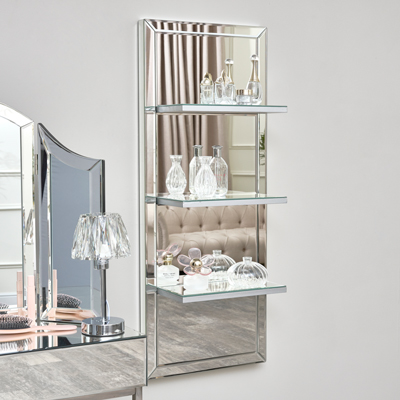 Glass Display Units & Shelving
Glass Display Units & Shelving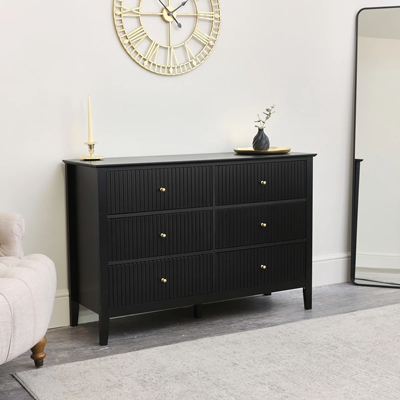 Chests of Drawers
Chests of Drawers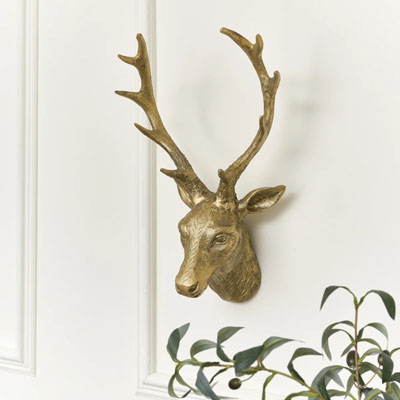 Stag & Animal Heads
Stag & Animal Heads Angel Wings
Angel Wings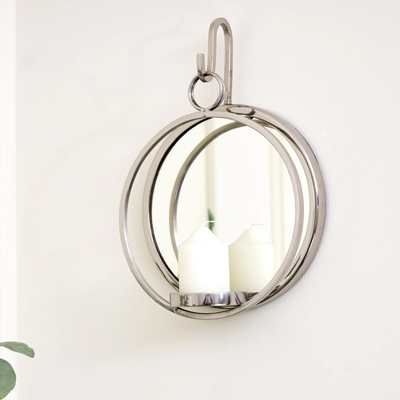 Wall Sconces
Wall Sconces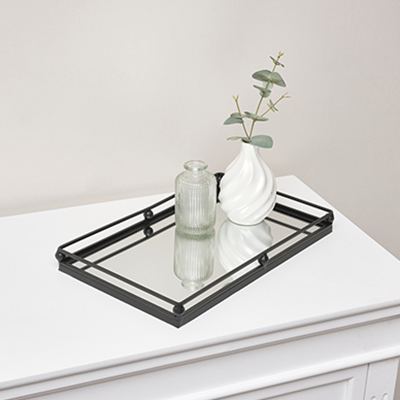 Trays & Trinket Dishes
Trays & Trinket Dishes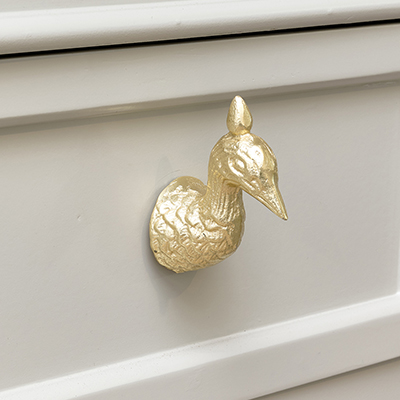 Drawer Knobs
Drawer Knobs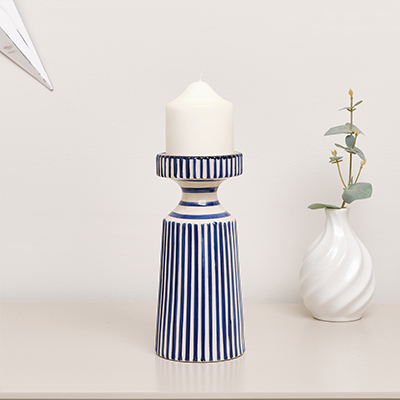 Candle Holders & Candelabras
Candle Holders & Candelabras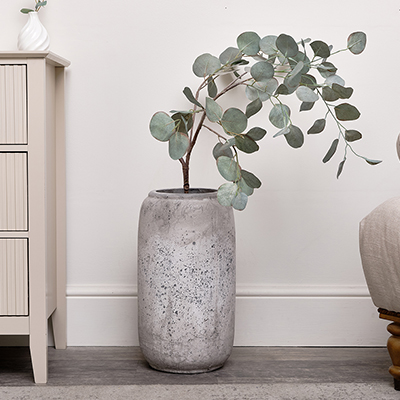 Vases & Jugs
Vases & Jugs Wall Hooks
Wall Hooks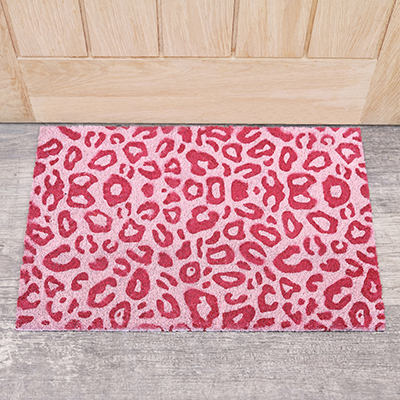 Door Mats
Door Mats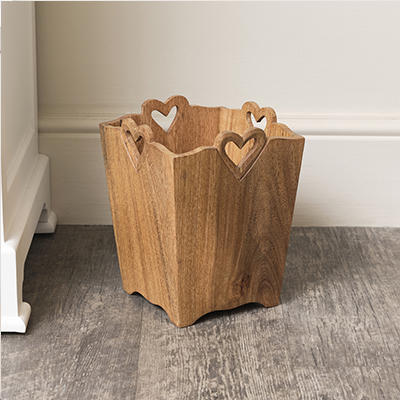 Baskets & Bins
Baskets & Bins Decorative Accessories
Decorative Accessories Ornaments
Ornaments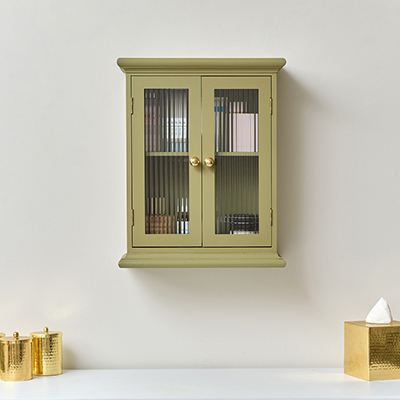 Shelves & Storage
Shelves & Storage 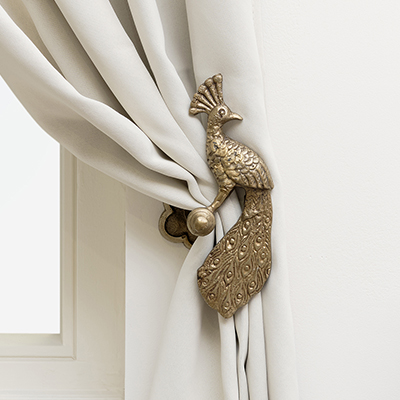 Curtain Tiebacks & Holdbacks
Curtain Tiebacks & Holdbacks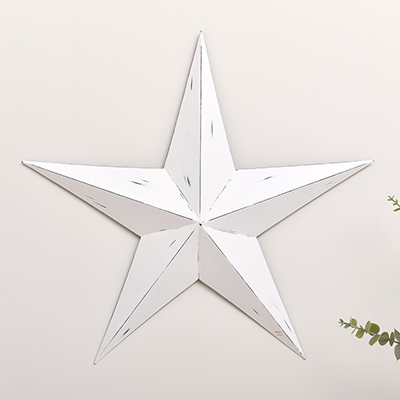 Wall Art & Plaques
Wall Art & Plaques 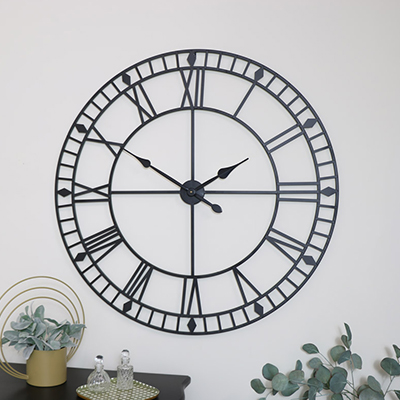 Clocks
Clocks 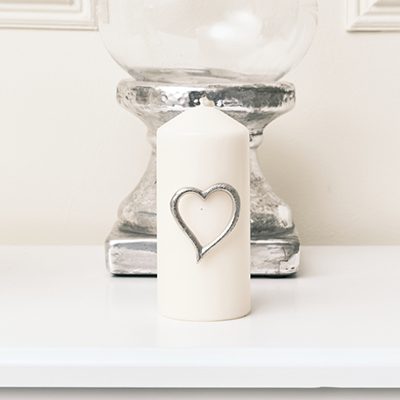 Candles & Candle Pins
Candles & Candle Pins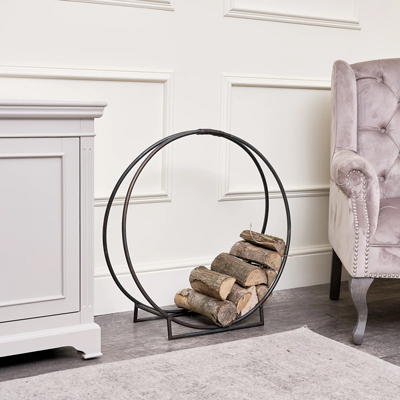 Fireside & Mantel Accessories
Fireside & Mantel Accessories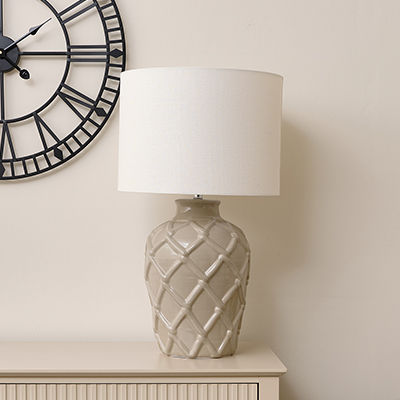 Lighting
Lighting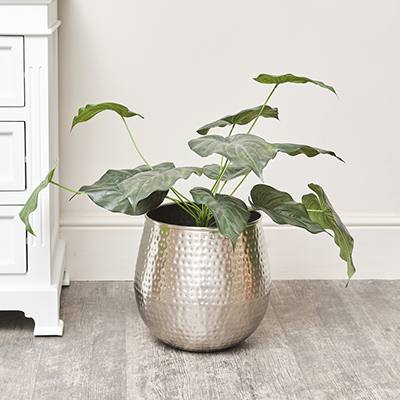 Planters & Pots
Planters & Pots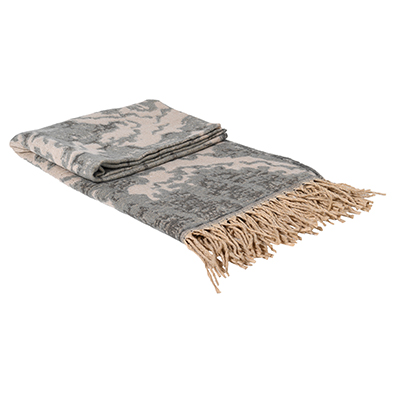 Blanket Throws
Blanket Throws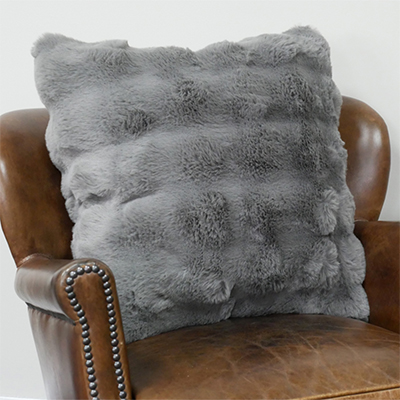 Cushions
Cushions Rugs
Rugs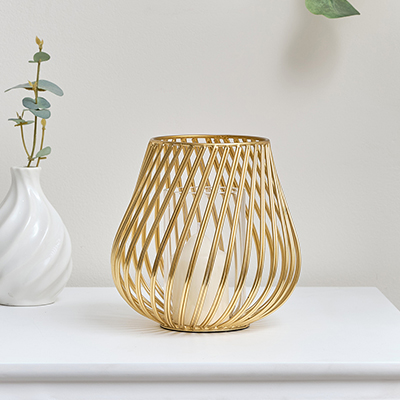 Wedding
Wedding 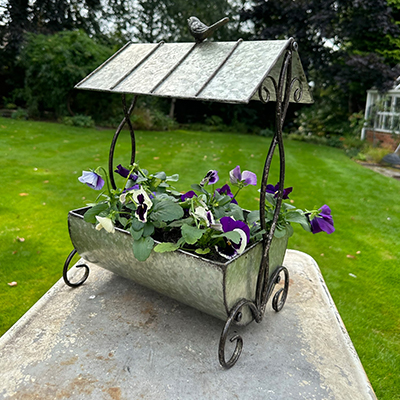 Garden Accessories
Garden Accessories Gifts
Gifts 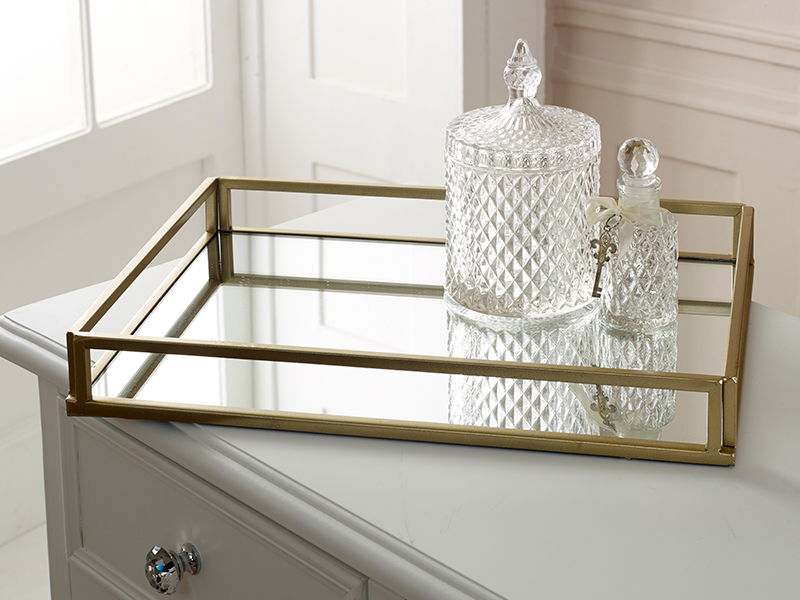
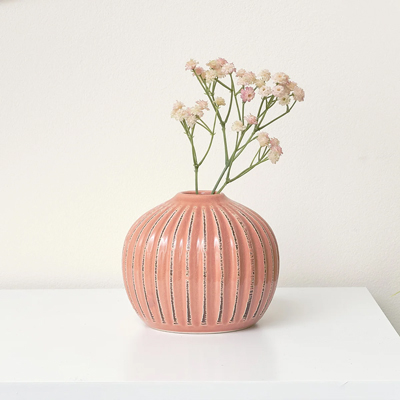 View All Gifts
View All Gifts Mother's Day Gifts
Mother's Day Gifts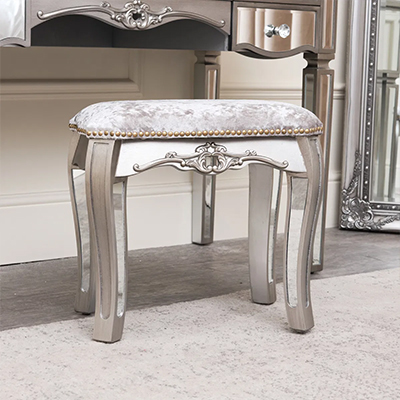 Luxury Gifts
Luxury Gifts Gifts Under £10
Gifts Under £10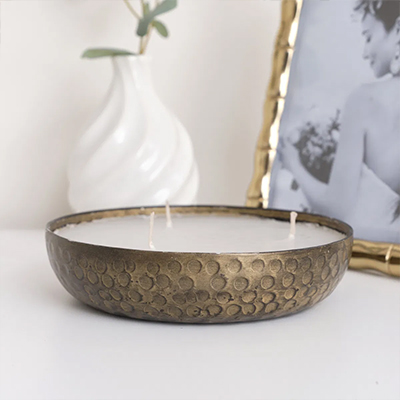 Gifts Under £20
Gifts Under £20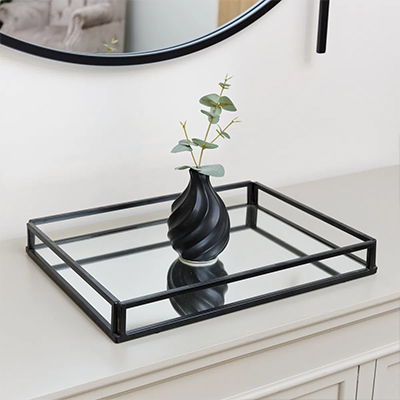 Gifts Under £30
Gifts Under £30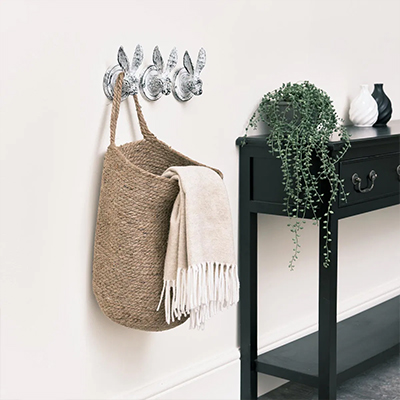 Gifts Under £50
Gifts Under £50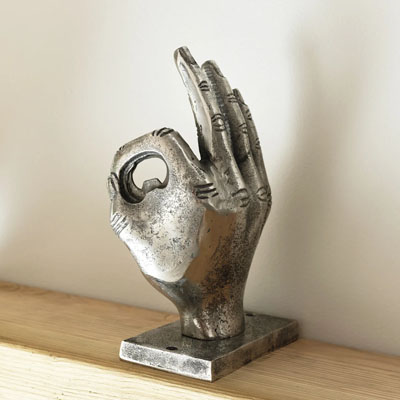 Gifts for Him
Gifts for Him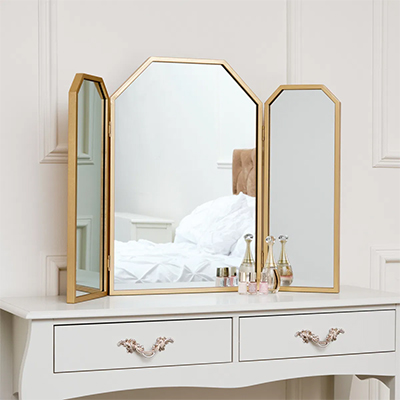 Gifts for Her
Gifts for Her Gift Vouchers & Gift Cards
Gift Vouchers & Gift Cards Elle Range
Elle Range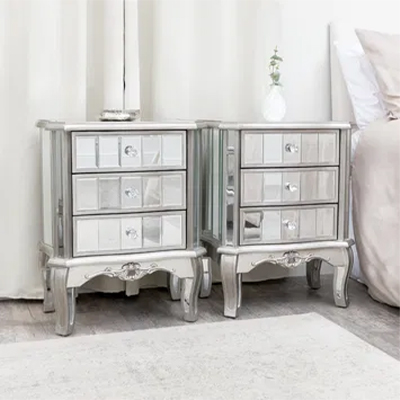 Tiffany Range
Tiffany Range Daventry Range
Daventry Range Pays Blanc Range
Pays Blanc Range Hales Range
Hales Range Ashwell Range
Ashwell Range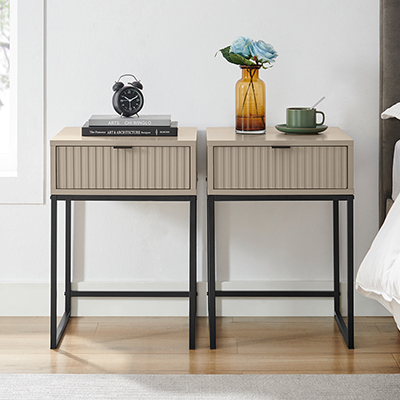 Hesley Range
Hesley Range Victoria Range
Victoria Range Hessian Range
Hessian Range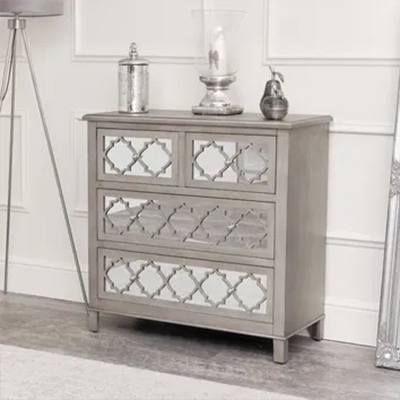 Sabrina Range
Sabrina Range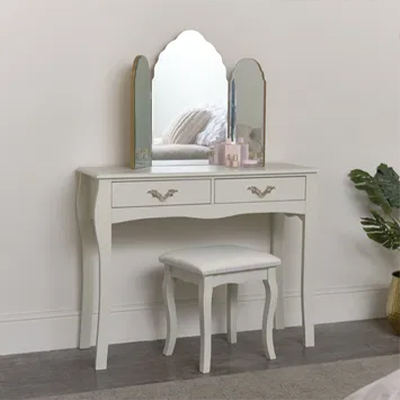 Elizabeth Range
Elizabeth Range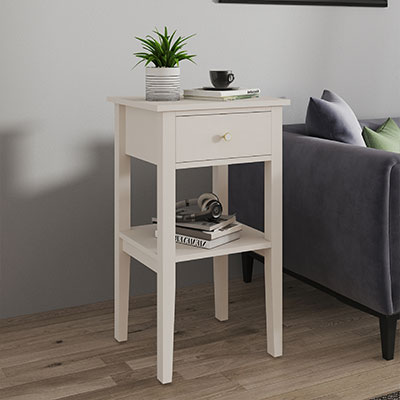 Abbey Range
Abbey Range Aisby White Range
Aisby White Range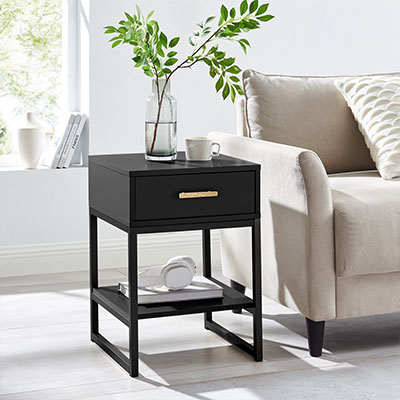 Luna Range
Luna Range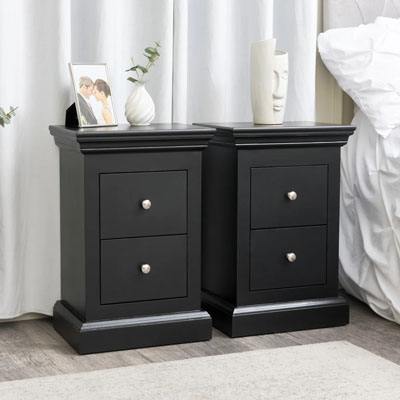 Slimline Haxey Range
Slimline Haxey Range Staunton Range
Staunton Range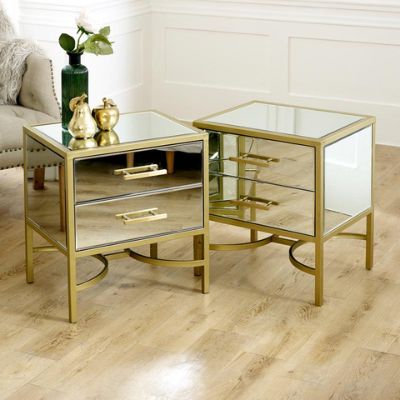 Venus Range
Venus Range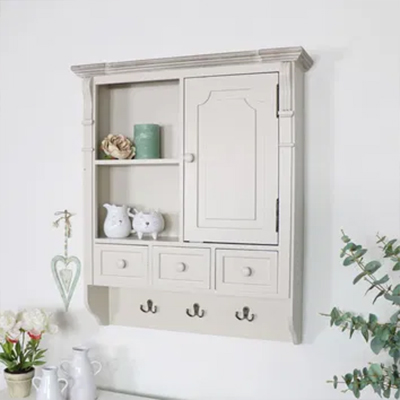 Lyon Range
Lyon Range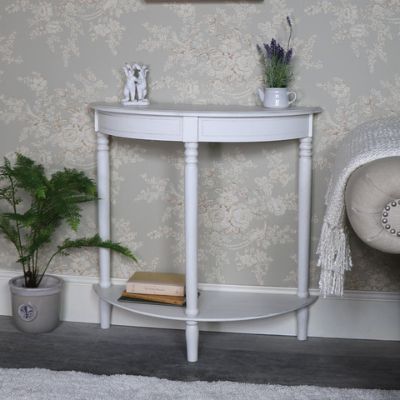 Mia Range
Mia Range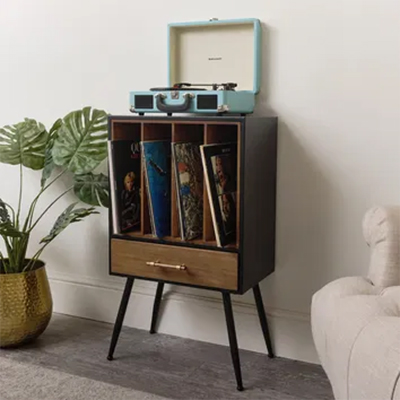 Industrial Range
Industrial Range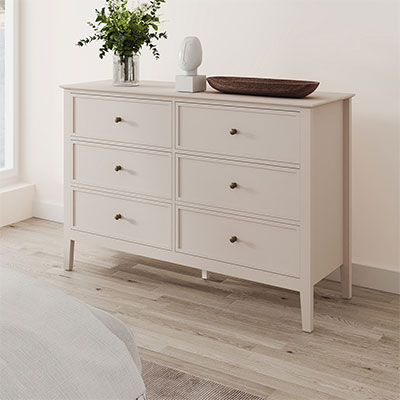 Rowley Range
Rowley Range White Furniture
White Furniture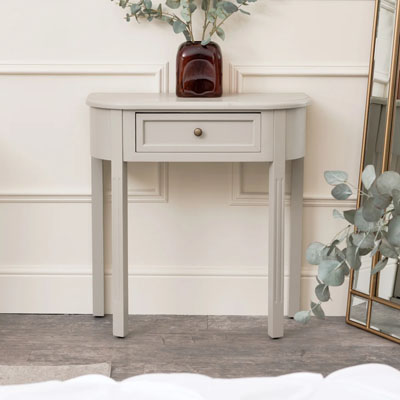 Taupe Furniture
Taupe Furniture Mirrored Furniture
Mirrored Furniture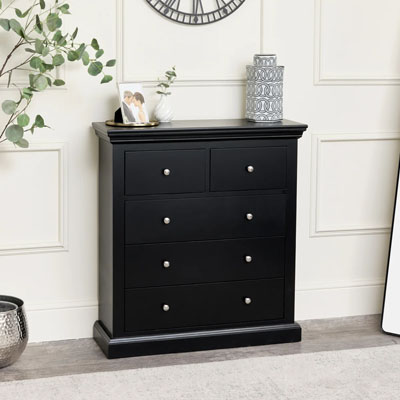 Black Furniture
Black Furniture Gold Furniture
Gold Furniture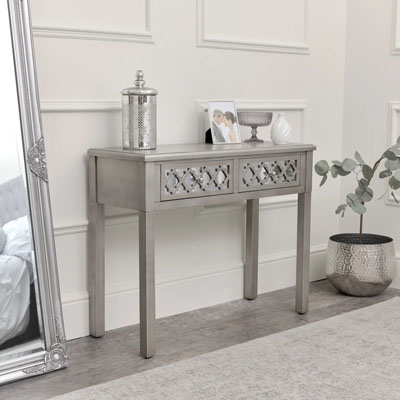 Silver Furniture
Silver Furniture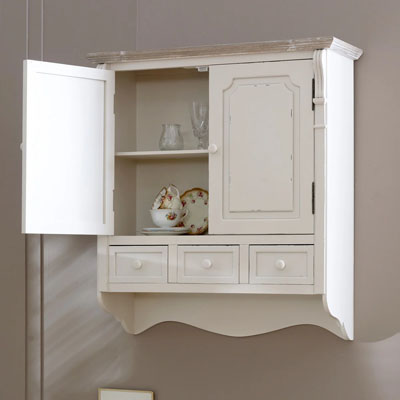 Cream Furniture
Cream Furniture Grey Furniture
Grey Furniture Pink Furniture
Pink Furniture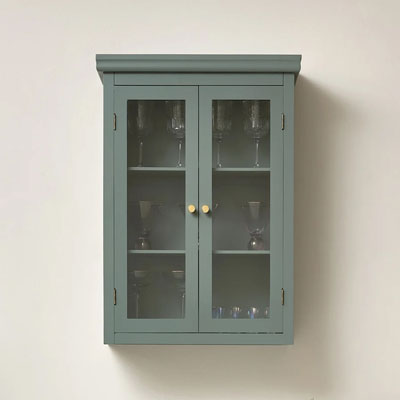 Green Furniture
Green Furniture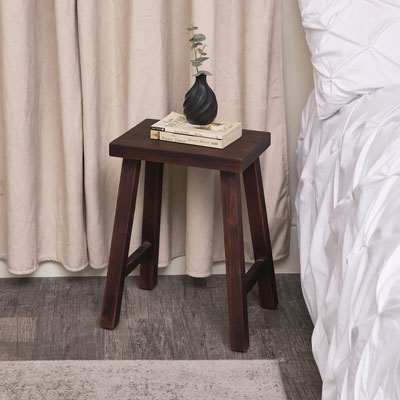 Wooden Furniture
Wooden Furniture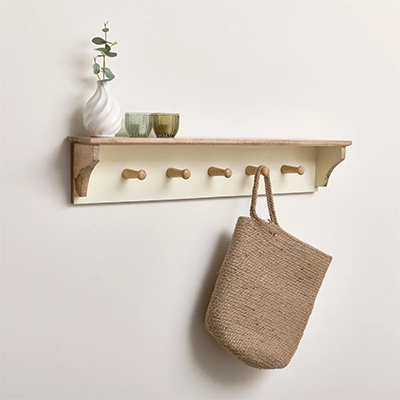 Bathroom Cabinets, Shelves & Storage
Bathroom Cabinets, Shelves & Storage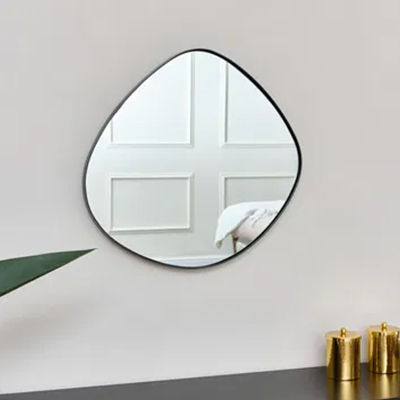 Bathroom Mirrors
Bathroom Mirrors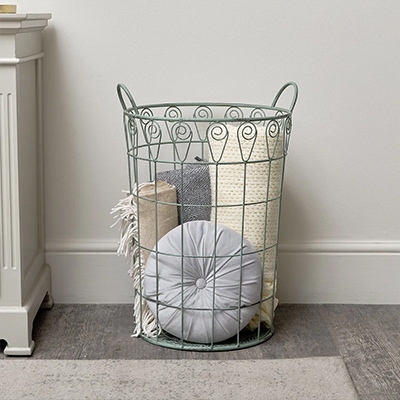 Bathroom Accessories
Bathroom Accessories Toilet Roll Holders
Toilet Roll Holders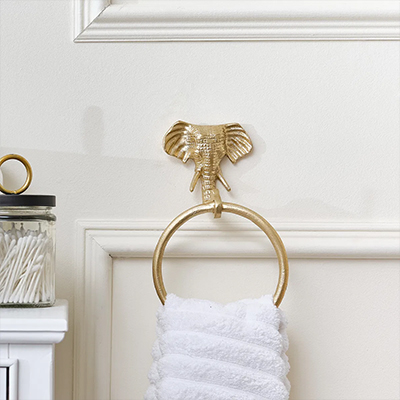 Towel Rails, Rings & Holders
Towel Rails, Rings & Holders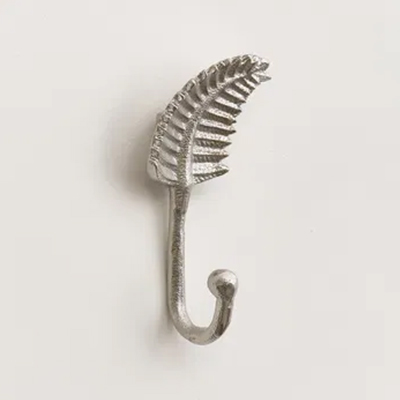 Wall Hooks & Rails
Wall Hooks & Rails Bedroom
Bedroom 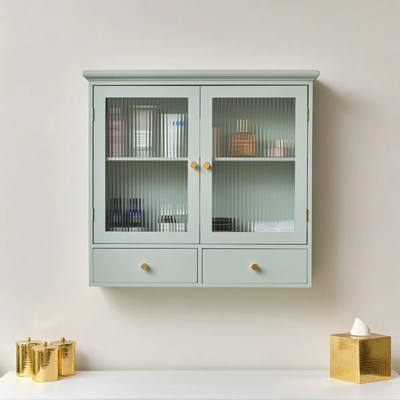 Bathroom
Bathroom  Living Room
Living Room  Kitchen & Dining
Kitchen & Dining 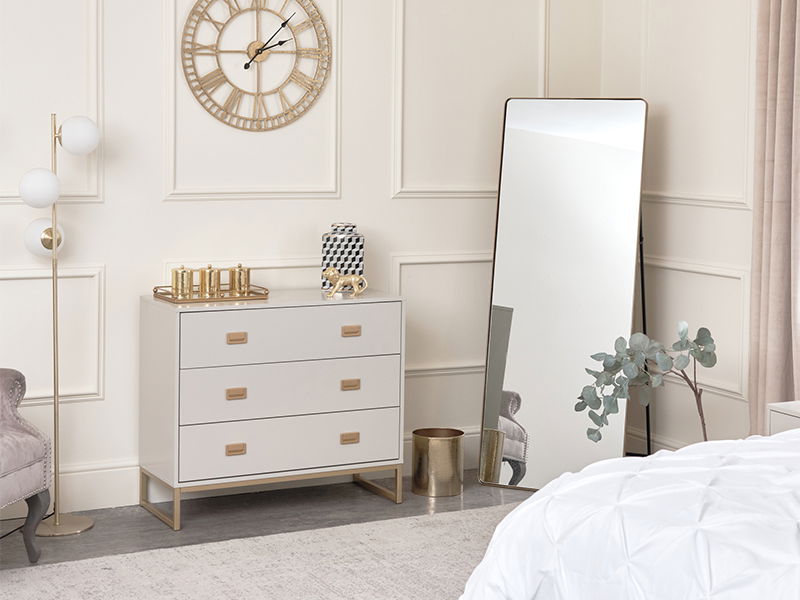
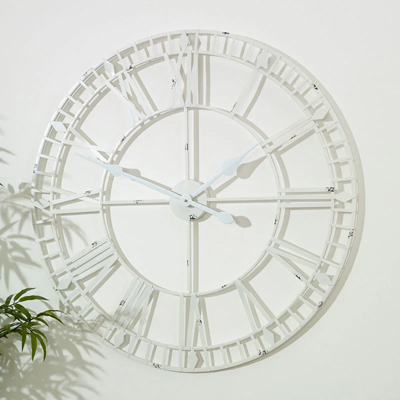 Skeleton Clocks
Skeleton Clocks


